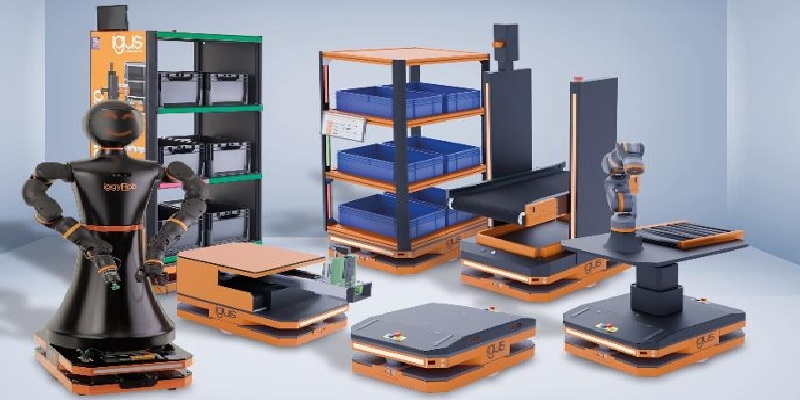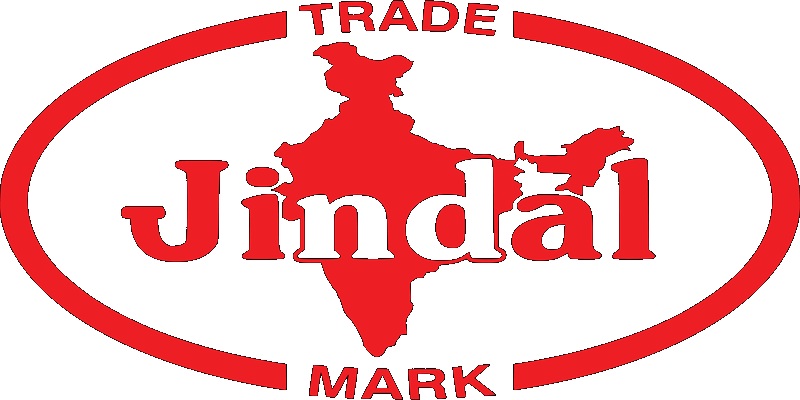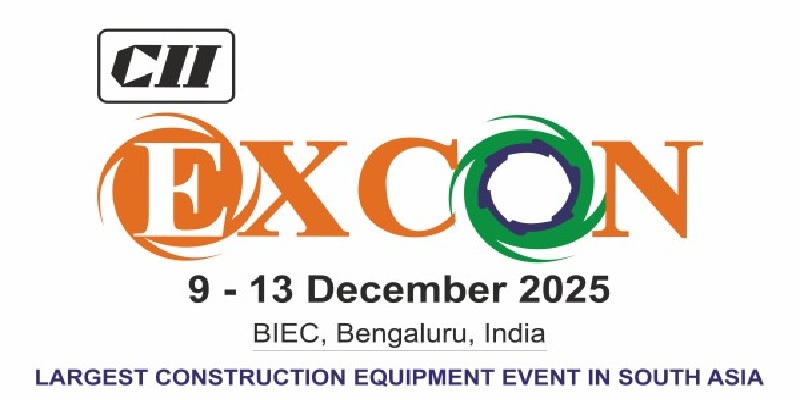Schedule a Call Back
Use of aluminium in India's railways is growing steadily: A S Ganeshan
 Interviews
Interviews- Sep 28,24
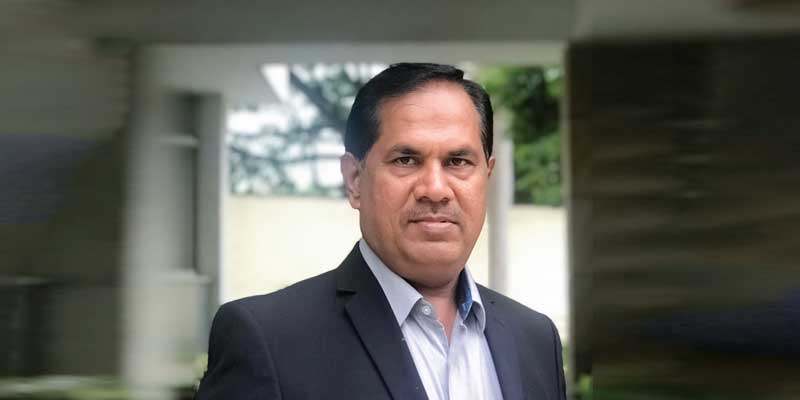
The need for fuel efficiency and sustainability is driving the demand for lightweight materials, like aluminium, in railway manufacturing. In this interview with Rakesh Rao, A S Ganeshan, Associate Vice President for Domestic Sales and Marketing, Jindal Aluminium, elaborates more on advantages of using aluminium in railway applications.
How is Jindal Aluminium serving the railway sector (including metro rail) in India?
Engineered aluminium is pivotal in advancing India's railway and metro systems by supplying high-quality materials that meet the industry's specific needs. It is utilised to construct essential components such as seats, pantographs, braking systems, luggage carriers, electrical and control panels, and doors. Common aluminium alloys like 6063, 6061, and 6005 are preferred due to their high strength, resistance, and lightweight properties, making them ideal for these applications.
Through the supply of advanced aluminium products, India's rail and metro infrastructure continues to benefit from enhanced performance, quality, and innovation, ensuring reliable and efficient transportation systems.
Are you seeing an increase in the usage of aluminium in railways in India?
Yes, the use of aluminium in India's railways is growing steadily. One primary reason is aluminium's ability to enhance fuel efficiency while reducing operating costs. Being a lightweight material, aluminium significantly lowers energy consumption, making it an excellent choice for improving trains' overall carbon footprint.
Aluminium's natural properties, such as its resistance to corrosion, ductility, malleability, and electrical and thermal conductivity, make it a sustainable and environmentally friendly solution. These characteristics are essential for modern high-performance trains, such as the Vande Bharat (VB), where energy efficiency, durability, and strength are necessary for achieving top performance and safety standards. With the continued push for sustainable infrastructure, aluminium's role in the sector is set to grow even further.
What kinds of trends do you foresee in the railway sector in the next 4-5 years?
In the next 4-5 years, we expect to see a shift from heavy to lightweight materials in railway manufacturing, driven by the need for fuel efficiency and sustainability. Aluminium will continue to be the material of choice for future railway developments, with expanding metro rail networks and the introduction of high-speed trains like Vande Bharat and bullet trains requiring lightweight, durable materials.
Sustainability and energy efficiency will also be key areas of focus. The push for greener, more energy-efficient trains will create new opportunities for engineered aluminium to contribute to reducing carbon footprints. Aluminium solutions are advancing to meet these demands, with increased research and development (R&D) to produce high-performance, energy-efficient products. This positions aluminium suppliers to play a vital role in supporting India's move towards modern, sustainable rail infrastructure.
Is Jindal Aluminium involved in the development/manufacturing of Vande Bharat trains?
Yes, engineered aluminium has been a key contributor to the Vande Bharat project. Aluminium is used in critical components such as seats, pantographs, brake systems, luggage carriers, electrical panels, and doors. Given the energy-efficient and high-speed nature of these trains, the use of lightweight yet strong aluminium solutions has been crucial in meeting performance standards.
Significant R&D has led to meeting the unique requirements of the Vande Bharat trains. Special aluminium alloys like 6063 and 6005, known for their strength, lightweight, and corrosion resistance, meet these requirements. These alloys provide the necessary structural support while ensuring energy efficiency. Additionally, advanced engineering and design optimisation have been employed to ensure these components can withstand high stress and deliver greater comfort and safety for passengers. These innovations testify to aluminium's role in modernising India's railway infrastructure.
What kinds of opportunities are you looking to tap in the railways space?
The government's substantial investments in rail infrastructure, including high-speed trains and metro systems, create significant opportunities for aluminium. This focus on modernising and expanding rail networks aligns perfectly with aluminium's strengths as a lightweight, durable, and energy-efficient material. High-speed trains and metro projects demand materials that enhance performance while minimising weight, making aluminium an ideal choice. Its use in train bodies and components contributes to improved fuel efficiency and reduced energy consumption, supporting the government's sustainability goals. Additionally, these investments open doors for expanding domestic and international aluminium applications as the demand for innovative, high-performance materials grows.
Related Stories
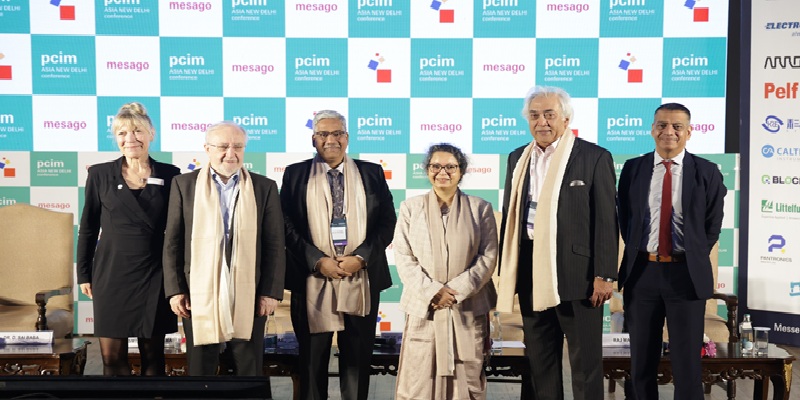
India Hosts First PCIM Asia New Delhi Conference to Advance Power Electronics
The inaugural PCIM Asia New Delhi Conference opened to unite global experts to drive India’s next stage of innovation in power electronics.
Read more
India’s demand for high-precision machine tools is rising: K Balasubramaniam
In this interaction with Rakesh Rao, K Balasubramaniam, Founder, Tsugami Precision India, discusses the evolving machine tools landscape and the company’s role in shaping India’s manufacturing t..
Read more
Knauf India doubles capacity with new metal line at Khushkhera plant
The increased production capacity is expected to improve the company’s ability to meet rising domestic demand and support a wider portfolio of drywall and ceiling solutions.
Read moreRelated Products

Ball Rail Systems
Jinisha Electrolites offers a wide assortment of ball rail systems





